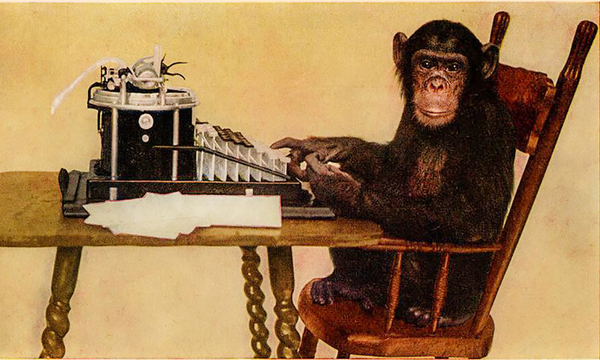This is a Q&A blog post by our Visiting Scholar in Philosophy, William Lane Craig.
Question
IÔÇÖm a big fan of your work, and I have argued with the Kalam for a while now, but IÔÇÖve recently started to question the argument, and whether time might actually be infinitely old, because of this line of reasoning:
1. Any decree from God that is made outside of time, is eternal.
2. GodÔÇÖs decree to make time was(is?) outside of time, so God has ÔÇ£eternallyÔÇØ been making time.
3. Therefore, time has to be eternal or infinitely old.
IÔÇÖm probably making some dumb mistake, so IÔÇÖd love if you could give me some clarity, and help me understand why the kalam still works, and why the universe isnÔÇÖt infinitely old. Also, I realize that an infinitely old universe is a logical contradiction, which just makes this confuse me more.
William Lane CraigÔÇÖs Response
These are thought-provoking questions, Asher, that require us to define our terms carefully.
Premiss (1) is correct if we define ÔÇ£eternalÔÇØ to mean ÔÇ£without beginning and end.ÔÇØ Something may be without beginning and end either by being timeless or by existing throughout time. While GodÔÇÖs timeless decrees are, by definition, timeless and therefore eternal, they are obviously not eternal in the sense of existing throughout time.
Now in order to avoid the fallacy of equivocation, we must hold the meaning of our terms constant. But in premiss (2), you seem to switch to the other meaning of ÔÇ£eternal.ÔÇØ For in order to get your conclusion that ÔÇ£time has to be eternal or infinitely old,ÔÇØ you must understand ÔÇ£God has ÔÇÿeternallyÔÇÖ been making timeÔÇØ in the sense that He has been doing this throughout beginningless and endless time. But then youÔÇÖre equivocating on the meaning of ÔÇ£eternal.ÔÇØ If, on the other hand, premiss (2) means that God has timelessly been making time, thenÔÇöapart from the inappropriateness of using tensed verbsÔÇöproponents of divine timelessness would agree that God timelessly creates time.
There is a way of rescuing your argument, I think, and that would be by claiming that on a tensed theory of time, God cannot timelessly create time. For the origin of time would involve at least a relational change in God, as He comes to exist with time, thereby implying His temporality; and His knowledge of tensed facts like ÔÇ£It is presently 3:00 oÔÇÖclockÔÇØ would similarly imply His temporality. So even if God could timelessly decree that time should exist, He cannot timelessly make time exist without timeÔÇÖs being beginningless, or infinitely old. It is precisely for that reason that I have come to adopt an unusual hybrid model according to which God is timeless sans creation and temporal since the first moment of creation. That permits time to be finite in the past and so merely finitely old, even though it was created by a timeless being at the first moment at which He existed.
This and other resources are available on .
 ¢±╚ı║┌┴¤
¢±╚ı║┌┴¤.jpg)




.jpg)